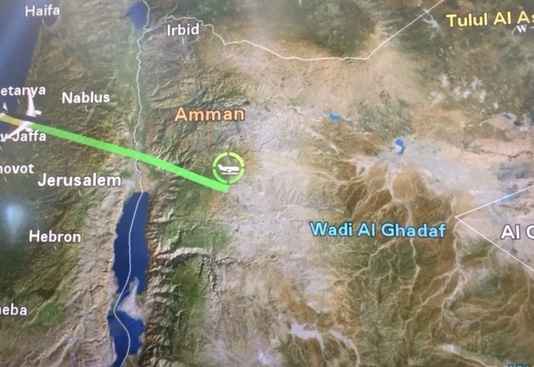It’s Friday morning at 2am and jet lag has turned my head into a solid block. I’m still nursing a strange, low-grade fever and a distant sort of headache. The house is quiet. I got home from Northern Iraq a little over 24 hours ago. There are things I will not forget.
There was the autistic Iraqi boy in a hospital bed, singing a lullaby in perfect pitch with the strum of our guitar. We asked the interpreter what he was singing about. “His mother,” she said. “He is singing a lullaby about his mother who died.”
There was the way we descended into Sinjar City on a winding piece of road, down into buildings now nothing more than booby-trapped rubble. The grassy field on the entrance to the city covered a mass grave of 75 men and boys, killed by ISIS. Here, an exposed femur. There, a small patch of poppy flowers, growing wild. Our guide said a tiny skull used to be visible, but grass and weeds now hid it. And then, in the middle of that city, in the very center of what appeared to be a lifeless place, a playground, and laughing children.
There was the breathless sound we all made, walking quietly through an abandoned ISIS tunnel, our flashlights bobbing.
There are things I will not forget.
* * * * *
Maile and I were spending one last night together, just the two of us (plus Poppy) in a hotel. We thought it would be nice to get away for a night before I went to Iraq and died in a blaze of glory. I say that tongue-in-cheek, but it’s funny how carried away your imagination can get. Fear, like hope, is a thing with feathers, and it will fly out beyond your reach, if you let it.
Toward the end of the day, as we settled into the bed in our hotel room, I checked my email. I sighed.
“I have to do an online training,” I said to Maile. “For the trip.”
“What’s it about?” she asked.
I paused. I tried to insert some humor.
“How to spot IEDs in the workplace.”
She only stared at me.
“You know. Improvised Explosive Devices. Land mines. That kind of thing.”
She didn’t blink. Then she rolled over in bed and faced the other direction.
* * * * *
My Tuesday flight from Harrisburg to Chicago was uneventful, and in the windy city I met up with the Reload Love team: Lenya, the founder, a strong leader and wonderful human being; Jen, the director, the one who knew everything and had anything you could ever need; Murray, an Aussie version of MacGyver who was also a mean guitar player; and Nick, entertainer and camera man extraordinaire.
We had dinner together, got to know each other, and then boarded a 12-hour Royal Jordanian flight to Amman where we’d meet up with some of Reload Love’s partners during a 36-hour layover. The flight was bumpy, and when we landed in Amman, the passengers cheered. It makes me nervous when people cheer a successful plane landing – it makes me feel like there was something I should have known about.
Outside, the landscape was covered in a dusty haze. Nick leaned over towards me.
“Welcome to the Middle East,” he said with a grin on his face.
* * * * *
I have strange dreams now that I’m home. I dream of checkpoints we cannot get through, and desert roads lined by bottomless canyons. I dream of getting beat up by border guards. I dream of my children dying. I wake up again, sweating. I go downstairs and turn on the stove, heating up the kettle. I watch as the tea bag stains the water. I sit at the table in front of my glowing computer, and, again, I listen to the quiet.
* * * * *
I traveled to Northern Iraq with a group called Reload Love. They take spent bullet casings, melt them down, and turn them into jewelry to raise awareness and money to support children impacted by terror. They send aid to in-country partners that have expertise in rescuing children from harm’s way and provide much needed assistance, including relief supplies, children’s programs, and safe spaces such as playgrounds. Reload Love is doing incredible work. You can find out more about them, as well as check out their beautiful line of jewelry, here.


Shawn. Cheering your journey on. You’ll be safe!